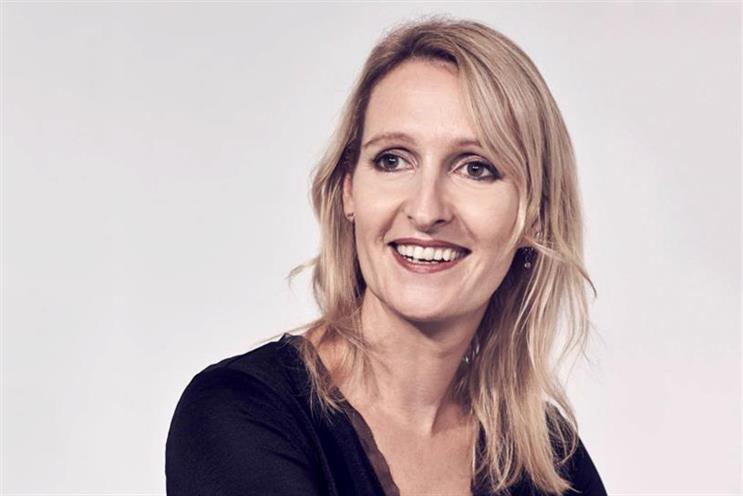
"I always feel the movement is sort of a mosaic. Each of us puts in one little stone, and then you get a great mosaic at the end."
This is one of my favourite quotes from American suffragette Alice Paul, and a reminder that significant and meaningful change requires a big effort from some, and a little input from many.
Creating a balanced and equal society for men and women means effort – a proactive and conscious decision to participate. ±±ľ©Čüłµpk10’s #TellHerStory initiative is another stone in the mosaic. As a publisher of feminist media brand Stylist, we participate by making our words and visuals count. This year, to mark 100 years since women received the vote, we stepped up our participation with a 12-month editorial franchise – Visible Women.
.jpg)
Representation Matters
So why does representation matter today? Despite a century having passed since women were first awarded the vote and a right to stand for parliament, women are still shockingly underrepresented in positions of power and influence. In the UK, despite having a female Prime Minister, only 32% of MPs and 26% of the Cabinet are women. Globally, only a fifth of the seats on boards are held by women – and the number of UK women being hired to FTSE 100 boards is falling.
As just over half of the population is female, this is alarming. But why does it matter?
As American activist Marian White Edelman famously said, "You can’t be what you can’t see". Countless studies have shown the negative impact on girls and young women when they cannot see role models in their world, and how this disadvantages female leaders. The unconscious bias around gendered jobs means that both women (and men) are often held back from interviewing successfully in roles traditionally thought of as being male or female.
In fact, girls still don’t believe they can study ’male’ subjects (!). In 2013, only 17% of women enrolled in maths, computer and information science courses at UK universities, while in schools, only 17% of girls have learnt computer coding compared with 33% of boys. So, patterns are not about to change significantly.
Countries with 50% of women in parliament, many appointed through quotas, are more likely to pass laws that benefit women. "There will never be a new world order until women are a part of it." That’s Alice Paul – again.
Clearly, role models for women are still not visible enough. Which is why Stylist pledged with its Visible Women campaign to hear from and present more women.
The visibility pledge is to raise awareness of women, past and present, who have made a difference to our world. We have increased our storytelling around women through features and executions on all platforms through franchises such as Woman of the Week on Instagram.
The representation pledge is to increase the visibility of women in the political sphere. The UK is currently ranked 48th in the world for parliamentary equality – a depressing figure. In response, Stylist has launched a TV panel show, Women of the House, a safe space designed to allow discussion on current topics including women’s representation in Westminster, abuse of social media, the effects of alcohol in the Houses of Parliament and, of course, Brexit. We are working with cross-party politicians to break down the barriers to entry and yes, we’re going to campaign for quotas in parliament.
And finally, there’s The education pledge. So much of this content can be used in schools. This came to light when one teacher told us she uses Stylist’s Work/Life pages to talk to girls about future careers. We are planning to curate materials that can be used in schools on women in history and career opportunities, as well as supporting campaigners on compulsory women’s history in the national curriculum.
After all, we are a consumer media business and response and engagement matters. The response to the Visible Women content has been fantastic – Woman of the Week on Instagram is now our most successful franchise. So, it’s no surprise we are huge supporters of ±±ľ©Čüłµpk10’s initiative, #TellHerStory. By making women’s voices heard we can change the narrative to create a more equal future for all.
Ella Dolphin is chief executive at Shortlist Media

